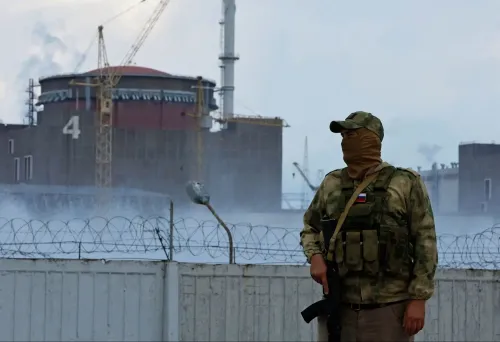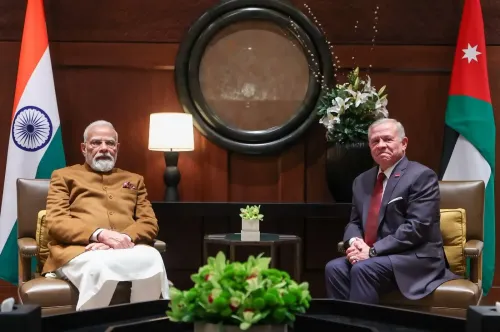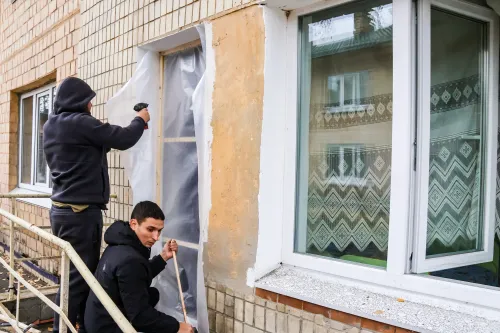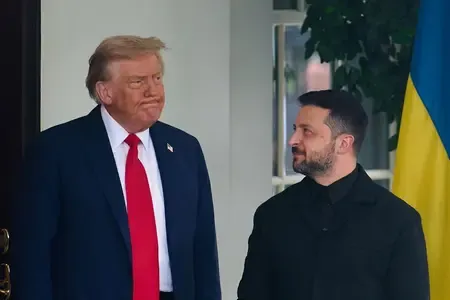South Korean Court Grants Release to Impeached Yoon Following Arrest Cancellation Request
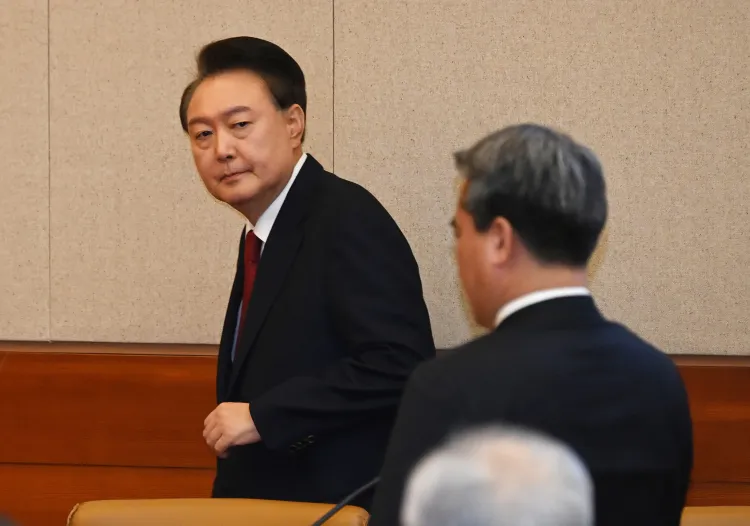
Synopsis
Key Takeaways
- Yoon Suk Yeol was released from custody due to a court ruling.
- The court found his indictment was made outside the legal detention period.
- Yoon can now stand trial without being physically detained.
- Concerns about evidence destruction were raised by prosecutors.
- A snap election could follow if Yoon is formally removed from office.
Seoul, March 7 (NationPress) A South Korean court has ordered the release of impeached President Yoon Suk Yeol from custody on Friday after agreeing to his request to annul his arrest related to his brief declaration of martial law.
Since January 15, Yoon had been held at a detention facility in Uiwang, located just south of Seoul, after investigators apprehended him on accusations of inciting an insurrection due to his December 3 martial law declaration.
Following his release, Yoon is now permitted to stand trial without being physically detained.
The Seoul Central District Court made its ruling approximately a month after Yoon's legal representatives submitted the cancellation request, asserting that the prosecution's indictment on January 26 was unlawful, as it occurred just a day after his detention period had lapsed.
Typically, detained individuals can be held longer only if they are indicted within their detention term.
Prosecutors argued that the indictment was made within the designated timeframe, clarifying that the criminal procedure code stipulates the period is counted in days rather than minutes and seconds, as Yoon's legal team had claimed.
In favoring Yoon, the court clarified that the detention duration should be calculated in hours, determining that his indictment occurred outside of that timeframe, as reported by Yonhap news agency.
Yoon's legal team also contended that the President's martial law declaration did not equate to an insurrection and that he posed no threat of destroying evidence.
Prosecutors maintained that concerns regarding evidence tampering were significant and that Yoon could easily interact with key individuals involved in the martial law initiative if his trial proceeds without physical confinement.
If Yoon, who was elected in May 2022 for a single five-year term, is formally ousted from office, a snap election would be conducted within 60 days. Conversely, if the impeachment is overturned, Yoon would promptly return to his official duties.


